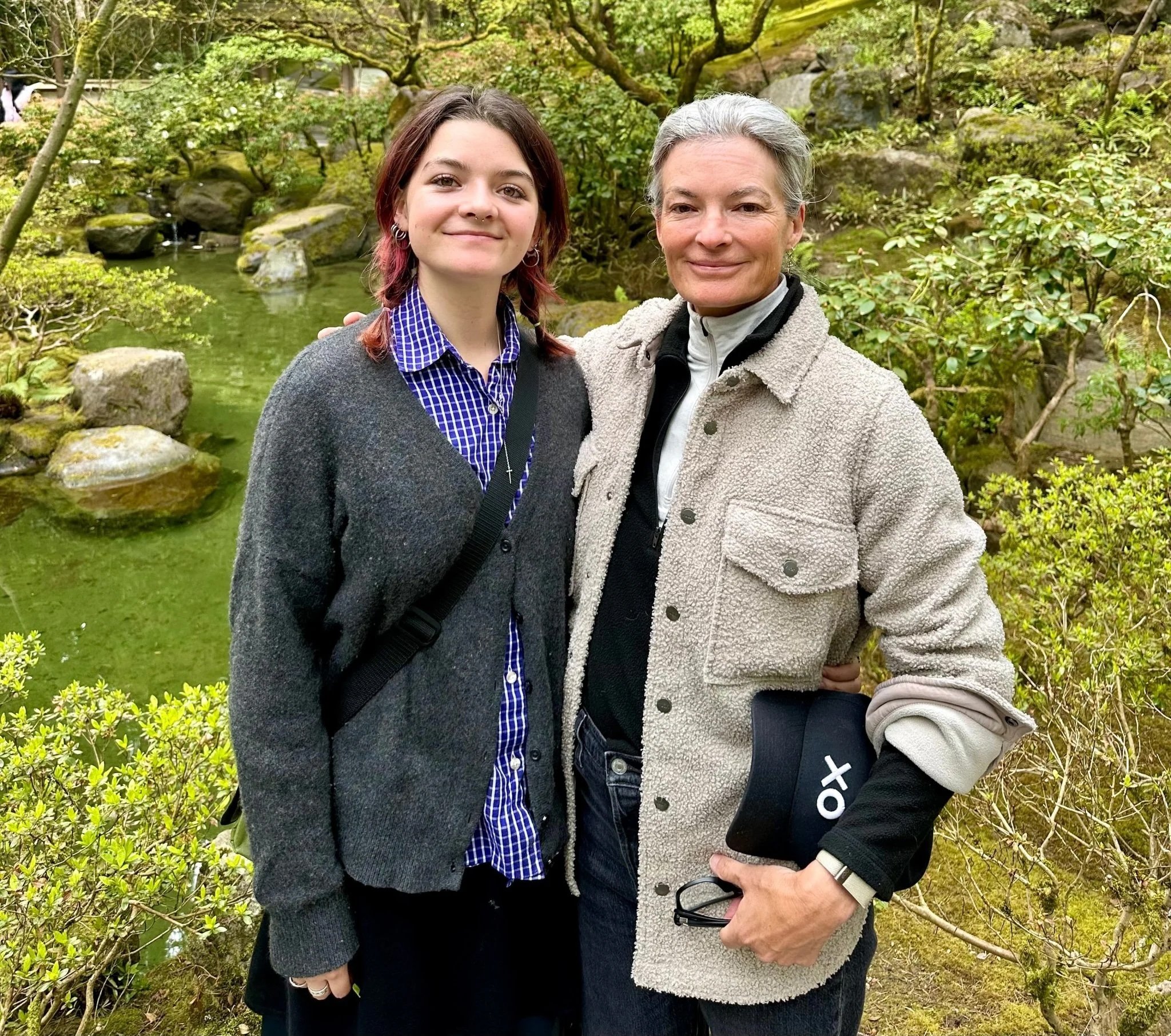Embracing Menopause: A Journey Through Generations
“Menopause is not a disease, it’s a gateway to the most powerful time in a woman’s life. The changes that happen during menopause invite us to explore the spiritual aspects of our being and to step into our true power and purpose.”
~ Christiane Northrup
Menopause has long been a whispered topic, often shrouded in mystery rather than openly discussed. Traditionally, little practical advice on managing its symptoms was handed down from one generation to the next. But times are changing, and so is the way we talk about menopause—more openly and with a positive outlook.
Just when I thought I was through with menopause, it threw me a curveball. The very day I gave away my last menstrual products, my period returned after a 14-month hiatus. What did I do? I laughed and made a quick trip to the store. It was a perfect reminder that menopause, like much of life, is about learning to go with the flow.
During my six-year transition, I've discovered several strategies that have made a significant difference in how I cope with the changes:
Prioritize Restorative Sleep: Quality sleep is crucial. I maintain a regular sleep schedule and have cut out alcohol, which used to disrupt my sleep at 3 AM.
Focus on Protein: My diet centers around protein—smoothies in the morning, cottage cheese with berries for snacks, tuna salads for lunch, and protein-rich dinners. Keeping sugar intake low helps too (letting go of sugar is key).
Keep the Conversation Going: I talk openly about my menopause experience. This openness helps me manage the emotional ups and downs and stay curious about what comes next.
Stay Hydrated: Drinking plenty of water throughout the day helps keep my body balanced and my symptoms in check.
Meditate Daily: Starting the day with a 10-minute meditation helps me ground myself and approach the day with openness and curiosity.
Sharing this journey has not only allowed me to connect with other women going through similar experiences but has also opened a dialogue with my daughter. This open communication is a gift that I hope she will pass on, transforming how future generations handle and understand menopause. Through these conversations, we're setting the stage for a more supportive and informed approach to this natural phase of life.
